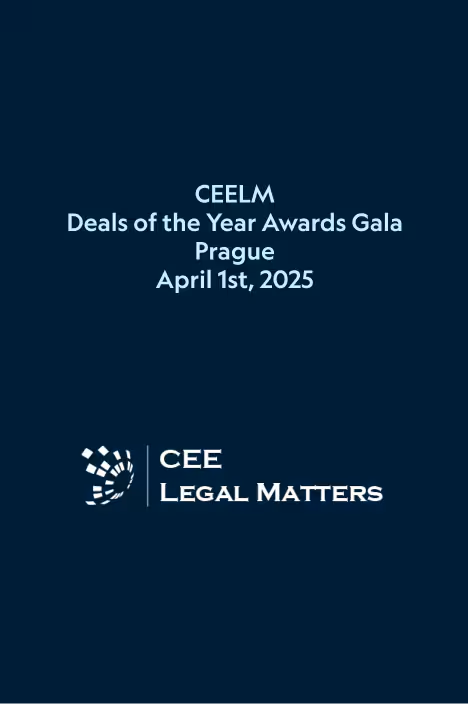

News
BOPA Bojanovic & Partners Expands Competition, Corporate & Commercial and Tax practices with Strategic New Hires
16.5.2025

Deals
BOPA Advises CVC Capital Partners and Mehiläinen on the Acquisition of MediGroup Hospital in Serbia
3.4.2025

Awards
BOPA Bojanović & Partners is once again highly ranked in all 8 practice areas by The Legal 500
2.4.2025

Awards
BOPA will be attending the CEELM Deals of the Year Awards Gala in Prague on April 1st, 2025
25.3.2025

Awards
A BOPA’s deal has been nominated for the 2024 Deal of the Year Award for Croatia and Slovenia
23.3.2025

Awards
BOPA Bojanović & Partners is once again highly ranked in all 8 practice areas by The Legal 500
28.3.2024

Deals
BOPA Advises CVC Capital Partners and Mehiläinen on the Acquisition of MediGroup Hospital in Serbia
3.4.2025

Awards
BOPA Bojanović & Partners is once again highly ranked in all 8 practice areas by The Legal 500
2.4.2025

Awards
BOPA will be attending the CEELM Deals of the Year Awards Gala in Prague on April 1st, 2025
25.3.2025

Awards
A BOPA’s deal has been nominated for the 2024 Deal of the Year Award for Croatia and Slovenia
23.3.2025

Awards
BOPA Bojanović & Partners is once again highly ranked in all 8 practice areas by The Legal 500
28.3.2024

Awards
BOPA Bojanovic and Partners has won the 2022 Slovenian and Montenegrin Deal of the Year award
3.5.2023

Awards
BOPA Bojanović & Partners once again highly ranked in all 8 practice areas by Legal 500 in 2023
13.4.2023
































